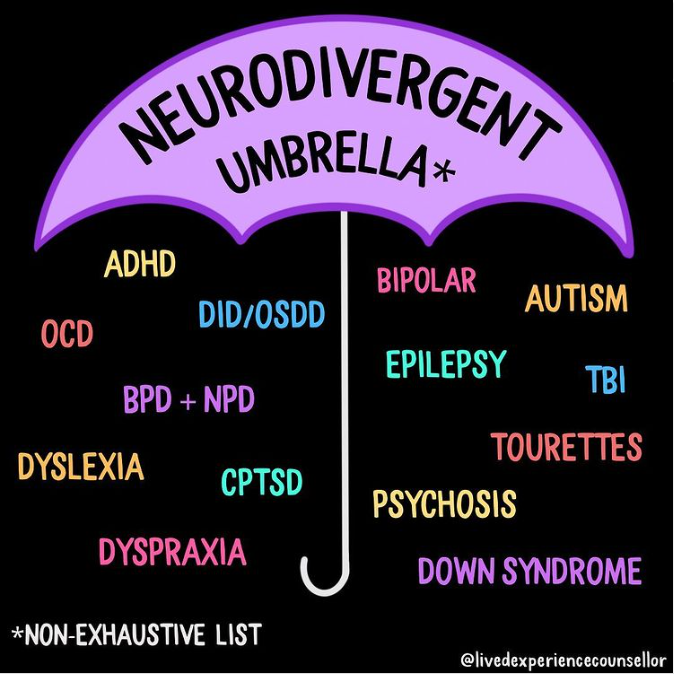We are a non-profit center providing individual and group counseling and parenting education classes.
ADHD, Autism, and Neurodivergence
Neurodiversity is a term that recognizes and values the diverse range of human brains and minds, highlighting the variations in neurocognitive functioning as natural and beneficial. It emphasizes that neurological differences, such as autism, ADHD, dyslexia, and others, are not necessarily deficits or disorders to be fixed but rather variations that contribute to human diversity.
For adults, teens, and children these differences can create challenges in their daily life, relationships, job, school, and more. Understanding these differences and treating patients within the context of them is key.
Little Light Counseling & Family Resource Center employs Certified Youth Mental Health Specialists who are trained in the latest methods, and educated about the most recent research as it applies to working with kids and teens. We have specialty training in working with neurodivergent kids and teens. We have an Autism Spectrum Disorder Clinical Specialist on staff as well as an ADHD-Certified Clinical Services provider. We know how to best help these unique kids and you as their parents.
More on Neurodiversity…
Value of Diversity: Neurodiversity promotes the idea that differences in how people think, learn, and behave can enhance society. This perspective encourages inclusion and acceptance rather than stigmatization.
Recognition of Strengths: Individuals who are neurodivergent often possess unique strengths and abilities. For instance, people with autism may have exceptional attention to detail, while those with ADHD may excel in creativity and problem-solving.
Social Model of Disability: Neurodiversity shifts the focus from the individual as the source of difficulty to societal structures that may not accommodate diverse minds. This approach advocates for changes in environments and attitudes to support neurodivergent individuals.
Self-Advocacy: Neurodiversity encourages individuals to embrace their identity and advocate for their needs. This self-advocacy is crucial for promoting understanding and acceptance in educational, workplace, and social environments.
Challenges Faced by Neurodivergent Individuals
Despite the benefits of embracing neurodiversity, many neurodivergent individuals face challenges, including:
Misunderstanding and Stigmatization: Societal misconceptions can lead to negative stereotypes and discrimination, affecting individuals’ self-esteem and opportunities.
Educational and Workplace Barriers: Traditional educational and workplace settings may not accommodate the diverse learning and working styles of neurodivergent individuals, limiting their potential.
Mental Health Concerns: Neurodivergent individuals may experience higher rates of anxiety, depression, and other mental health issues, often stemming from societal pressures and isolation.

